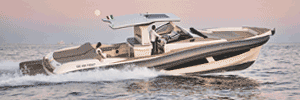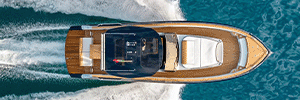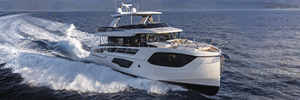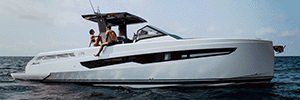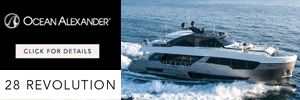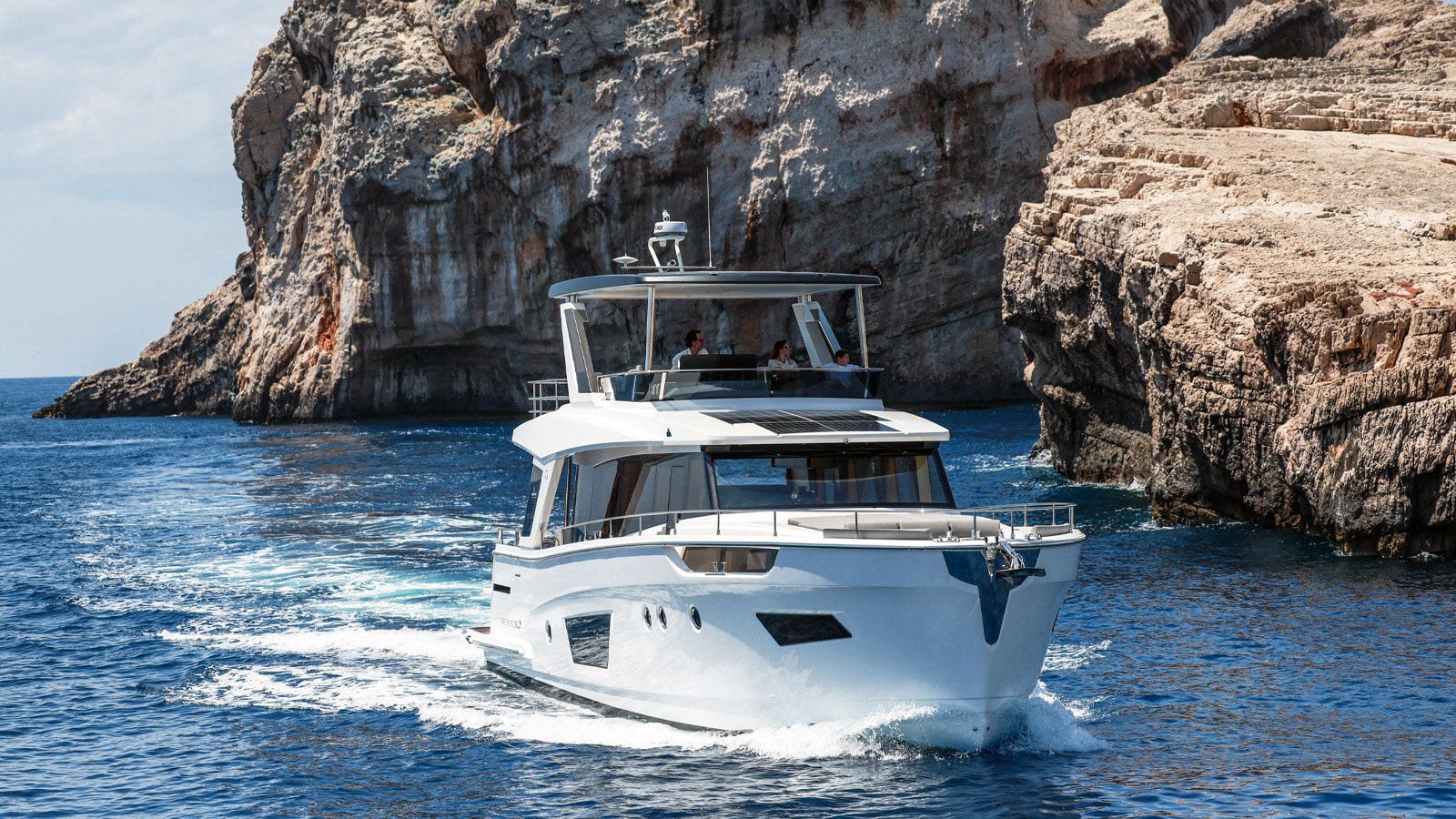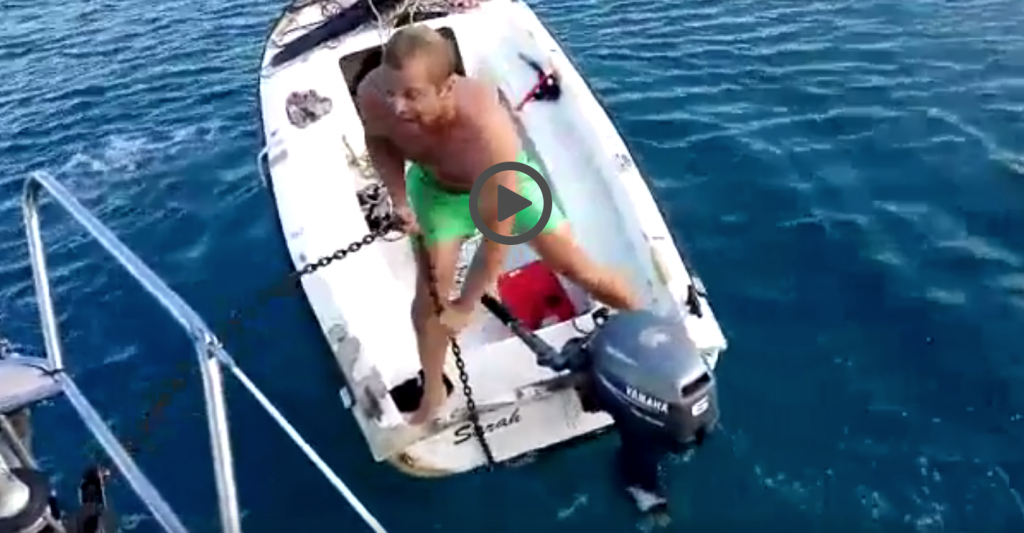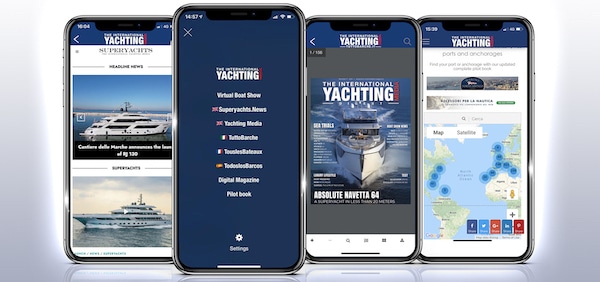Offshore sailing. Staying in the middle of the sea
I confess. I like waiting rooms. Airports, trains. Hallways of public offices. Entrance halls of railway stations. Anarchist, unidentitary, uncharacterised and uprooted places: what anthropologists call no-places.
I like them because I like people. I like looking at people out of context and with an open mind, I like trying to see how they are, or hope to be, without necessarily getting close to them.
No-places and false places
Instead, I hate false places, whose identity is imposed, studied and assessed: shopping centers, all-inclusive hotels, shopping villages, franchise chains, shabby chic pubs, bed-and-breakfasts in faux country style, themed travels, fashion districts, festivals, design weeks and social networks.
I like wide landscapes, I like staying on top of mountains, on the seashore, in the desert. I like all the places which are not shaped by the man. I like sailing in the open sea for days and days.
Offshore sailing
People often ask me, at liqueur time in pizzeria or in the dinette in the days of still weather: how is it staying on the high seas for weeks? That’s really nice, isn’t it? Hard, isn’t it? Nice yet tiring, isn’t it?
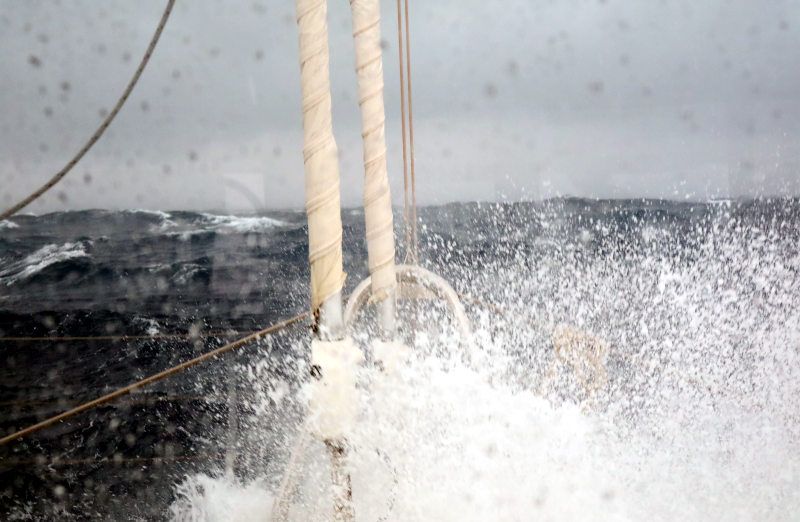
The answer is : ” yes, of course” or “well, it depends”. The answer I never give, in order not to sound snobby, is ” that’s normal”. Staying in the middle of the sea is normal.
Well, now I sound snobbish. But that’s exactly what has happened to me, from the first time I sailed off.
On my first ocean crossing, I had a million reasons for being nervous but none of these was of a seafaring nature.
I carried with me a recent loss, various professional conflicts and many personal disappointments. All were fresh wounds.
Feverish preparations, air travels and bureaucracies. Stress. Like everyone else.
After all, I had never dreamed about the ocean before. I don’t read sea stories ( except for the inevitable classics), I don’t buy sailing magazines, I’m not a sailor on Facebook.
In short, I went boating, I sailed but I didn’t dream of sailing. Then one day I bumped into Vitto Malingri, to the insight of whom I will be never graceful enough because, after three jokes, he told me: “you’re ready for the ocean!”. I obeyed. And when we finally sailed off, I was finally at home.
Activities at sea
Sailing, staying in the middle of the sea is normal. What do you do? Nothing. You only let your boat go but, if you’re used to regattas or cruises, you have even less to do.
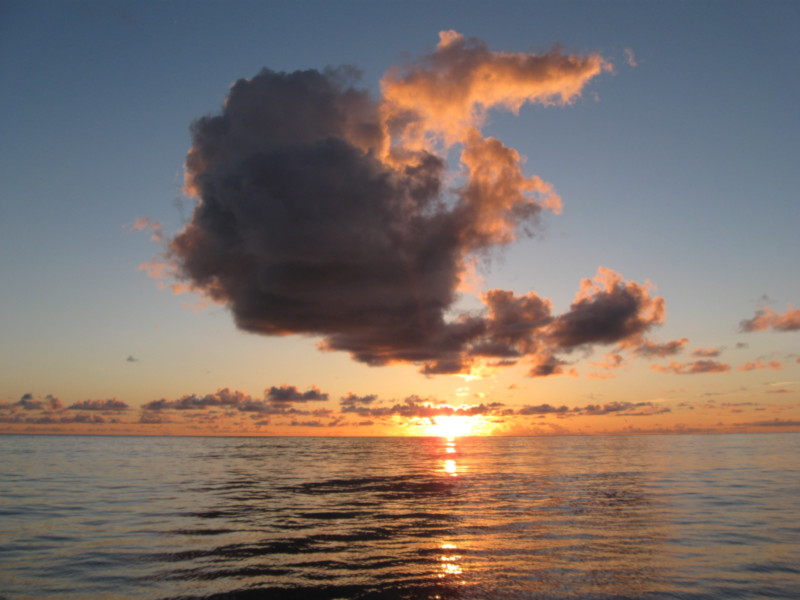
Few turns, few gybings, very few sail changes, just trimming and tuning. No mooring or anchorage maneuver, lucky for me.
You only have to pay close attention to weather. Your course should be planned very well, in order to use the good wind and avoid storms and squalls. It is essential to keep up to date with the latest weather forecast and satellites certainly provide you with enough data traffic.
At the end of every watch, the crew fixes the boat’s position and updates the logbook.
The condition of the boat as well as traffic and floating items should be checked both visually and on the radar or AIS. It is always essential to look around. Without forgetting the compass, the good old compass. Then, there are manual labor and constant maintenance. Everything must be perfectly efficient: safety comes first.
Then there are those who cook, those who fish, listen to music, read, chat, prey, do yoga and those who try not to fight with the obnoxious of the group. Sometimes, there are some love stories, too.
When I’m on shift, I turn off the music ( this makes me unbearable, I know) and, if I’m lucid enough despite the unnatural sleep patterns, I take the helm because I want to feel the noise and movements of the boat.
Perceptions and sensations
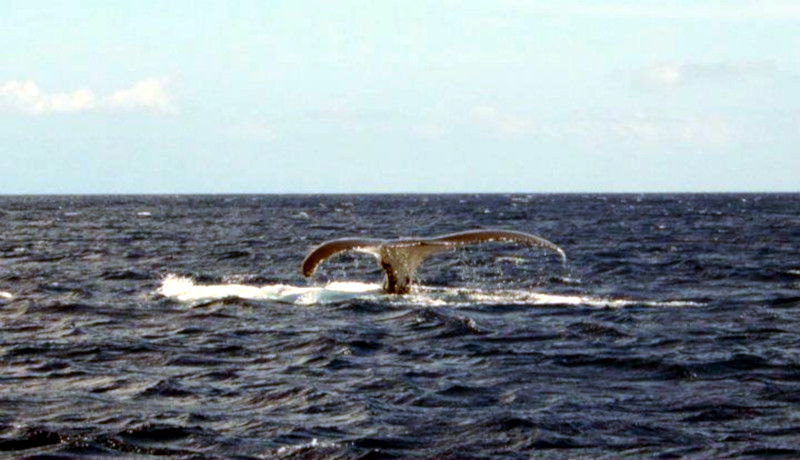
Every irregular sensation needs to be verified and you need to trust every single perception.
If you think you spotted from the corner of your eye a whale, as Francesco Rinauro told me during an unforgettable crossing, it is very likely that a whale is there.
Of course, I am referring to all situations where everything goes smoothly, I don’t want to mention emergencies or tragedies here: we’ve seen a lot of them recently.
But when everything goes as it is supposed to, it’s normal, sea is scary. If you think about it, it’s really frightening to have all that water under and around you and that wide starry, sometimes dark, sky above your head.
It is scary to think that, if something goes wrong on board – including a simple household accident – the first aid is only thousands of miles away. It is scary not have ways out, you see the storm coming and you know it will take you.
At night, it is scary not to see what’s in front of you. It is scary to be alone with your own mind and your own body, to feel your conscience working, to listen to your physiological signs, to try not to look around.
It is scary to be obliged to reconsider your social certainties, now deleted as in any no-place. To turn your thoughts off, to delete your habits, to deflate your automatisms and take on new patterns.
This happens when you sail with other people: everyone is focused on a deconstruction and reconstruction process of his own ego, perhaps even more when you’re alone, without something to compare if not your own mind.
Loneliness
As I write these lines, four participants have already abandoned the Golden Globe Race, the around the world solo race involving anachronistic boats and the slowest race of the year.
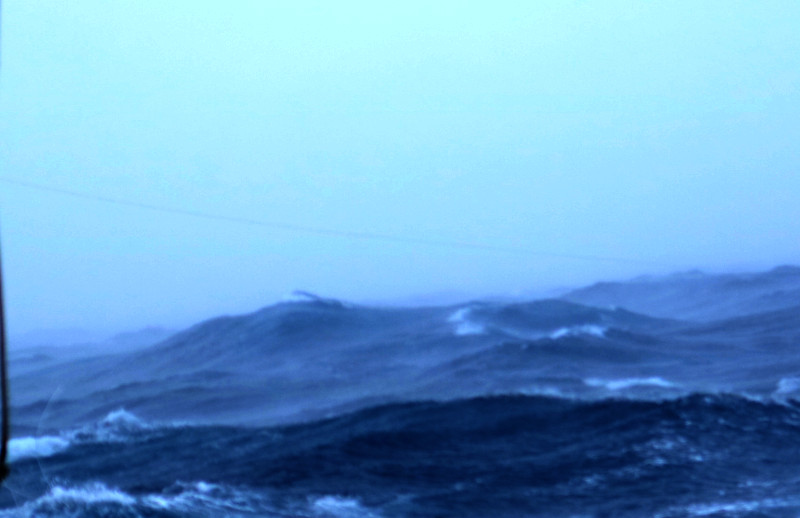
All four of them justified their choice with the same reason: loneliness. The decision has been considered wise by organizers, who fear the Donald Crowhurst’s syndrome. Crowhurst was a sailor who went crazy, jumped overboard and drowned while competing in the first edition of the race , in 1968. They weren’t prepared.
Loneliness is something that requires training and should not be underestimated. Identity, too, is an important aspect: collective life can be addictive.
I’ve known a man who would like to compete in the Mini Transat to detoxify himself from Facebook. Instead of continuing to flirt from his smartphone, he wants to experience a 20-day solo crossing, without Internet. Then, he will marry the first girl he will meet on the quay.
He makes it easy. Anyway, fair wind and break a leg!






